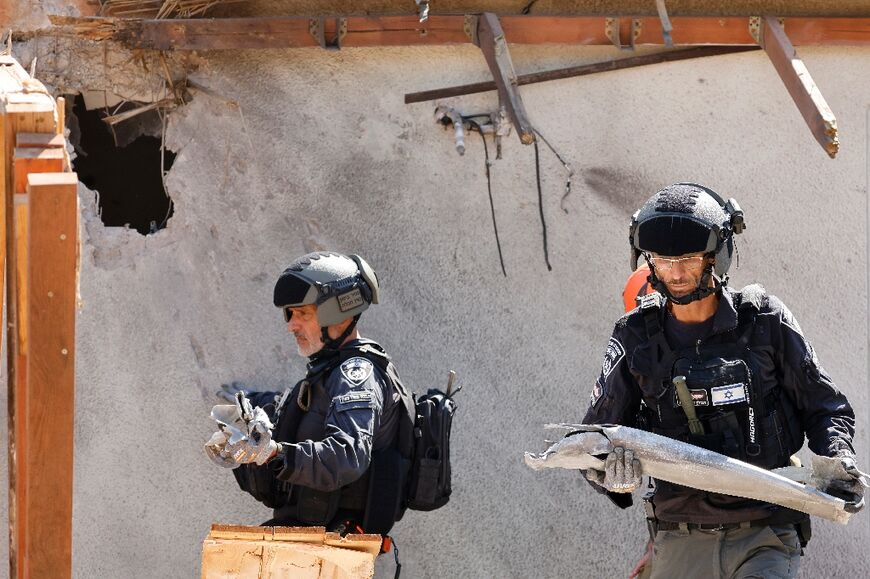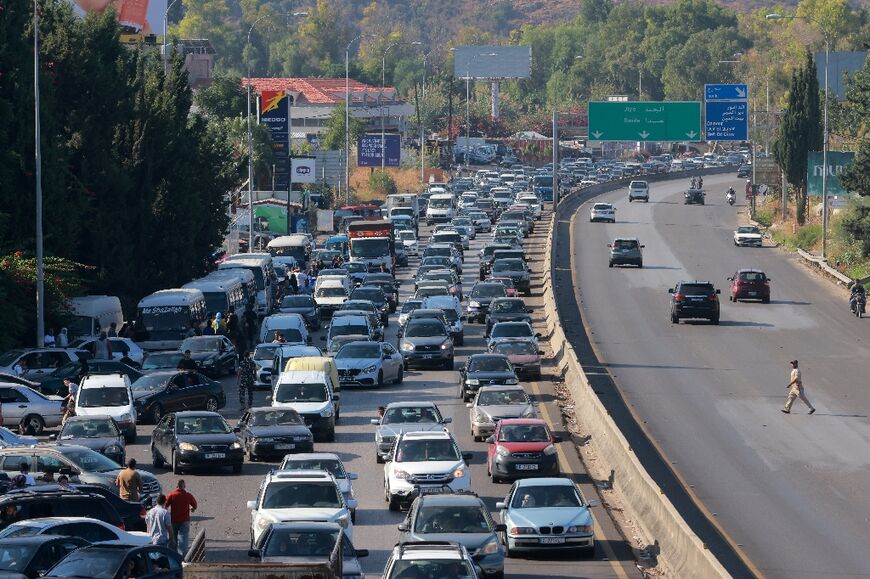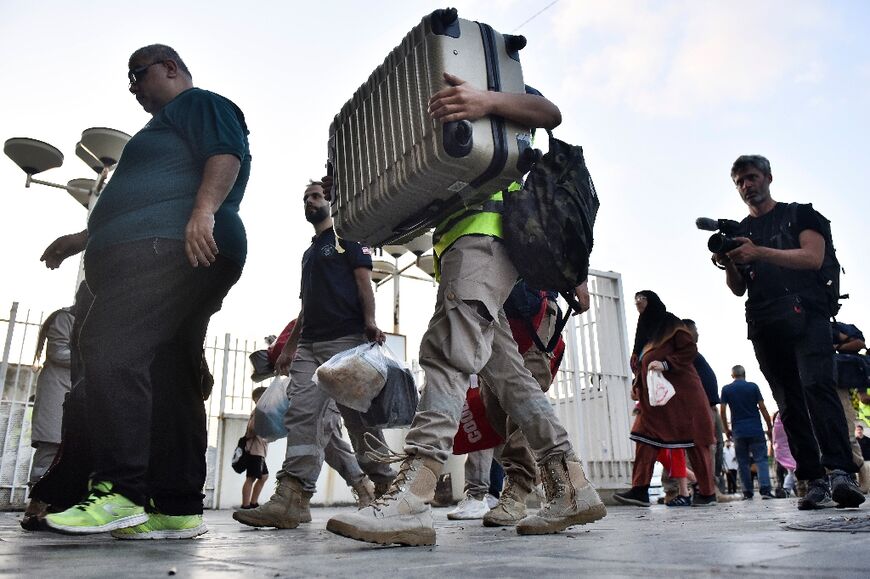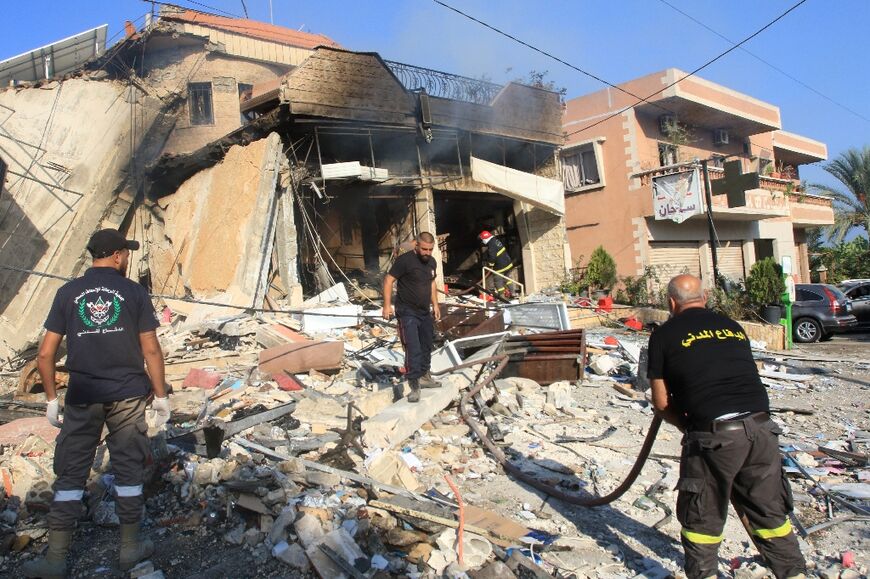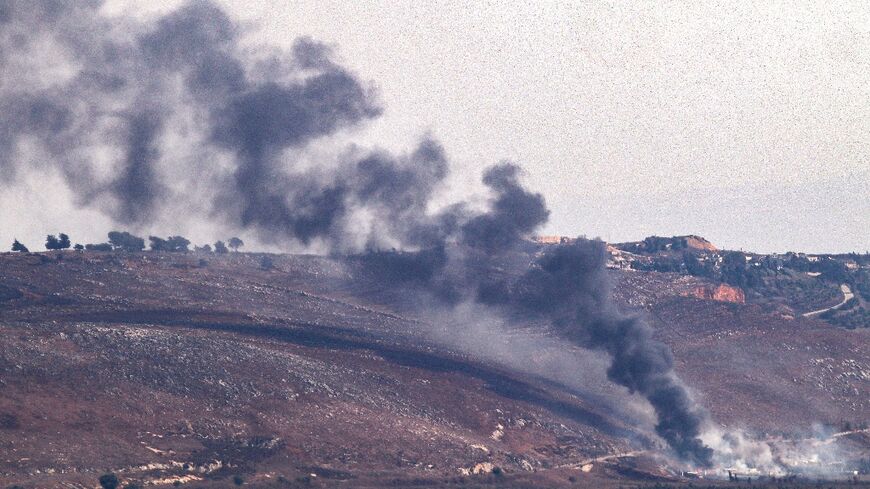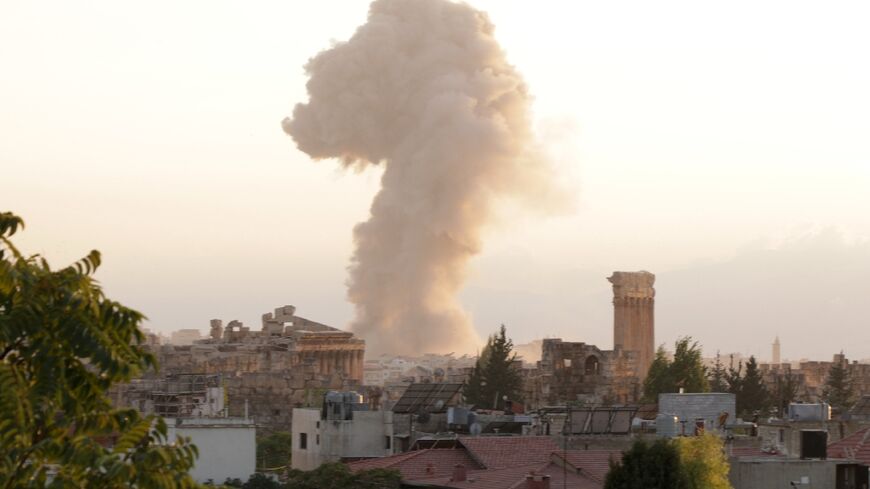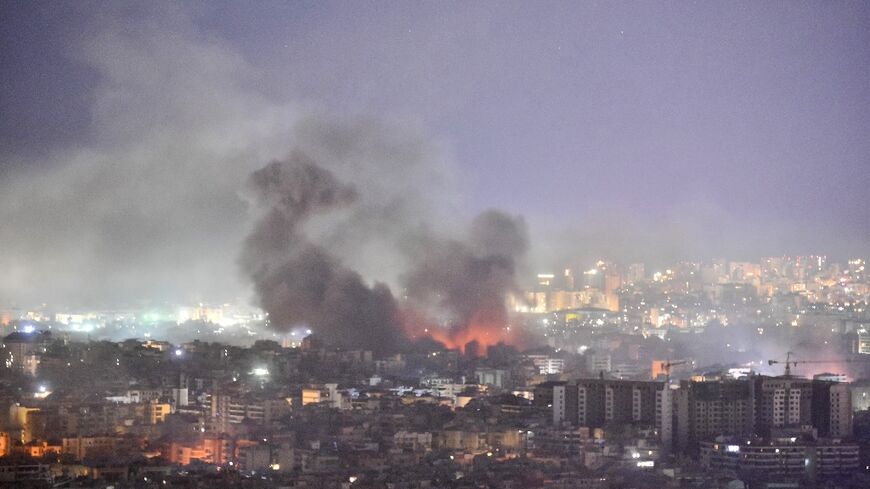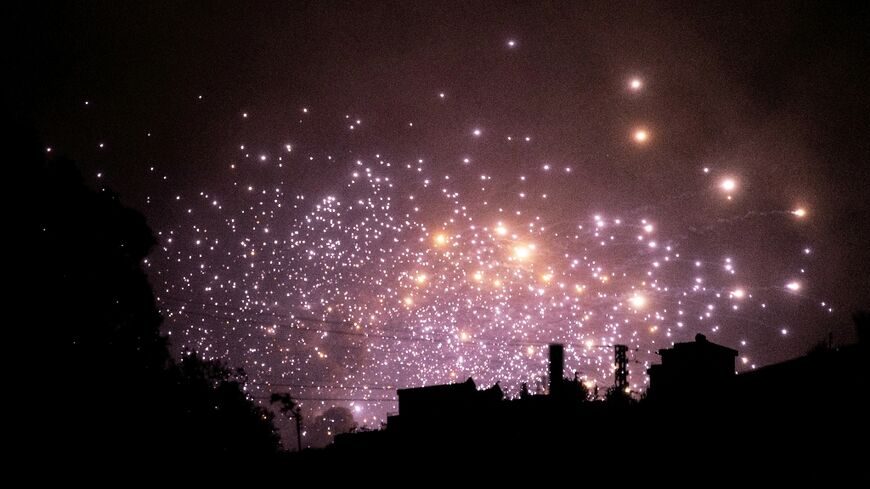Ceasefire calls mount as Israeli troops on alert for Lebanon incursion

International calls for restraint mounted Wednesday after Israel's army chief told soldiers to prepare for a possible ground offensive against Hezbollah in Lebanon amid fears of all-out war in the Middle East.
Prime Minister Benjamin Netanyahu vowed that Israel's military operations against the Iranian-backed militia would not stop until northern residents displaced by cross-border clashes could safely return to their homes.
"We are attacking all day, both to prepare the ground for the possibility of your entry, but also to continue striking Hezbollah," Israel's army chief, Lieutenant General Herzi Halevi, told a tank brigade, according to a statement.
Israel's close ally and military backer the United States moved to temper fears of a ground operation.
"It doesn't look like something is imminent," Deputy Pentagon Press Secretary Sabrina Singh told journalists, referring to a possible Israeli incursion.
Hezbollah earlier said it had targeted Israel's Mossad spy agency headquarters on Tel Aviv's outskirts -- the first time it has fired a ballistic missile in almost a year of cross-border clashes sparked by the Gaza war.
- Biden warns of 'all-out war' -
The Israeli military said it hit more than 2,000 Hezbollah targets over the past three days, including 60 Hezbollah intelligence sites.
Lebanon's health ministry said Israeli strikes on Wednesday killed 72 people and injured 400.
In Washington, President Biden warned of the possibility of "all-out war" after Israel's troops were put on alert for a possible ground operation.
"An all-out war is possible," Biden told broadcaster ABC, but added there was also an "opportunity" for "a settlement that could fundamentally change the whole region."
Biden added there was a "possibility" of a Lebanon ceasefire, but "I don't want to exaggerate it".
The White House later said Biden met with French President Emmanuel Macron at the UN General Assembly to discuss ceasefire efforts.
Macron urged an end to what he called Israeli "escalation" in Lebanon.
His foreign minister Jean-Noel Barrot later unveiled a joint US-French proposal for a 21-day ceasefire in Lebanon.
Iranian Foreign Minister Abbas Araghchi said the Middle East was facing a "full-scale catastrophe" and warned Tehran would back Lebanon by "all means" if Israel escalated its offensive.
Israel's UN envoy Danny Danon said the country was open to a diplomatic solution but would use "all means" in its goal of degrading Hezbollah.
- Israel calls reservists -
Cross-border clashes intensified after Israeli raids on Monday killed at least 558 people in the deadliest day of violence in Lebanon since its 1975-90 civil war.
Nour Hamad, a 22-year-old student in the eastern Lebanese city of Baalbek, described living "in a state of terror" all week.
"We spent four or five days without sleep, not knowing if we will wake up in the morning," she said.
In Tel Aviv, sirens sounded following Hezbollah's unprecedented missile launch at dawn.
Tel Aviv resident Hedva Fadlon, 61, told AFP: "The situation is difficult. We feel the pressure and the tension... I don't think anyone in the world would like to live like this."
The Israeli military said two reserve brigades were being called up "for operational missions in the northern arena", adding this would "enable the continuation of combat against the Hezbollah terrorist organisation".
The pro-Iran Islamic Resistance in Iraq group said it attacked Israel's Red Sea port of Eilat on Wednesday as another group urged more attacks amid soaring tensions over Gaza and Lebanon.
Israel's military said it intercepted a drone approaching Eilat and that another fell in the area. It reported two minor injuries.
- Defiant Netanyahu -
The UN Security Council later held an emergency meeting on the crisis in New York on Wednesday.
"Hell is breaking loose in Lebanon," UN chief Antonio Guterres said at the start of the session, adding that "diplomatic efforts have intensified to achieve a temporary ceasefire."
The UN's International Organization for Migration said 90,000 people had been displaced in Lebanon so far this week.
Netanyahu delayed his departure for New York until Thursday, where he too is due to speak at the UN General Assembly.
"We are striking Hezbollah with blows it never imagined. We are doing this with full force, we are doing this with guile. One thing I promise you: we will not rest until they return home", Netanyahu said of those displaced in Israel.
Iran, Hezbollah's main backer, condemned Israel's raids, with supreme leader Ayatollah Ali Khamenei saying the recent killing of Hezbollah commanders would not crush the group.
"Some of the effective and valuable forces of Hezbollah were martyred, which undoubtedly caused damage to Hezbollah, but this was not the sort of damage that could bring the group to its knees," he said.
- Elusive ceasefire -
While the Israel-Lebanon border has seen near-daily clashes for a year, the violence escalated dramatically last week, when coordinated communications device blasts that Hezbollah blamed on Israel killed 39 people and wounded almost 3,000.
Then Israel carried out an air strike on Hezbollah's south Beirut stronghold, killing a top military commander and other fighters and civilians.
Efforts to end the war in Gaza, which analysts say are key to stopping the escalation in Lebanon, have yet to make progress.
The war in Gaza began with Hamas's October 7 attack on Israel, which resulted in the deaths of 1,205 people, mostly civilians, according to an AFP tally based on Israeli official figures that include hostages killed in captivity.
Of the 251 hostages seized by militants, 97 are still held in Gaza, including 33 the Israeli military says are dead.
Israel's retaliatory military offensive has killed at least 41,495 people in Gaza, most of them civilians, according to figures provided by the Hamas-run territory's health ministry. The UN has described the figures as reliable.
burs/rlp/md


